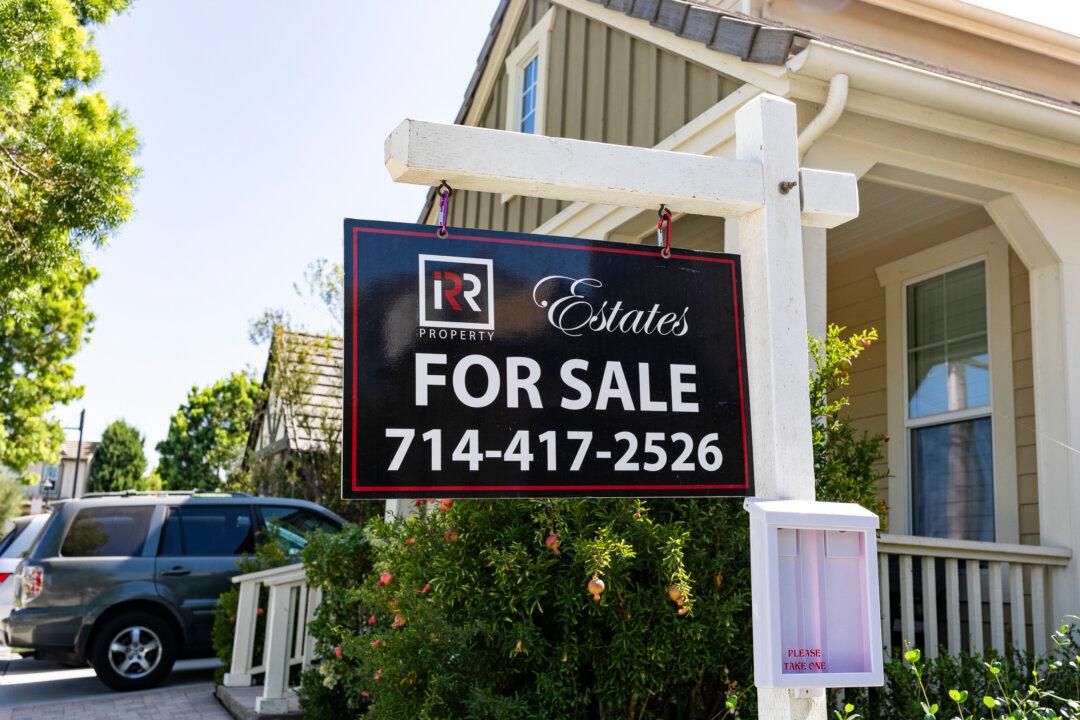Rents across the United States increased last month, continuing to remain at highs well above the pre-COVID-19 pandemic period, according to real estate brokerage Redfin.
The median asking rent rose by 0.6 percent on an annual basis in September to $1,634, according to an Oct. 10 statement by the company. This is in line with the median rental trends over the past two years, during which prices have largely remained within a range of between $1,599 and $1,663. In 16 of the past 24 months, the rents were in an even narrower range of between $1,630 and $1,650.





